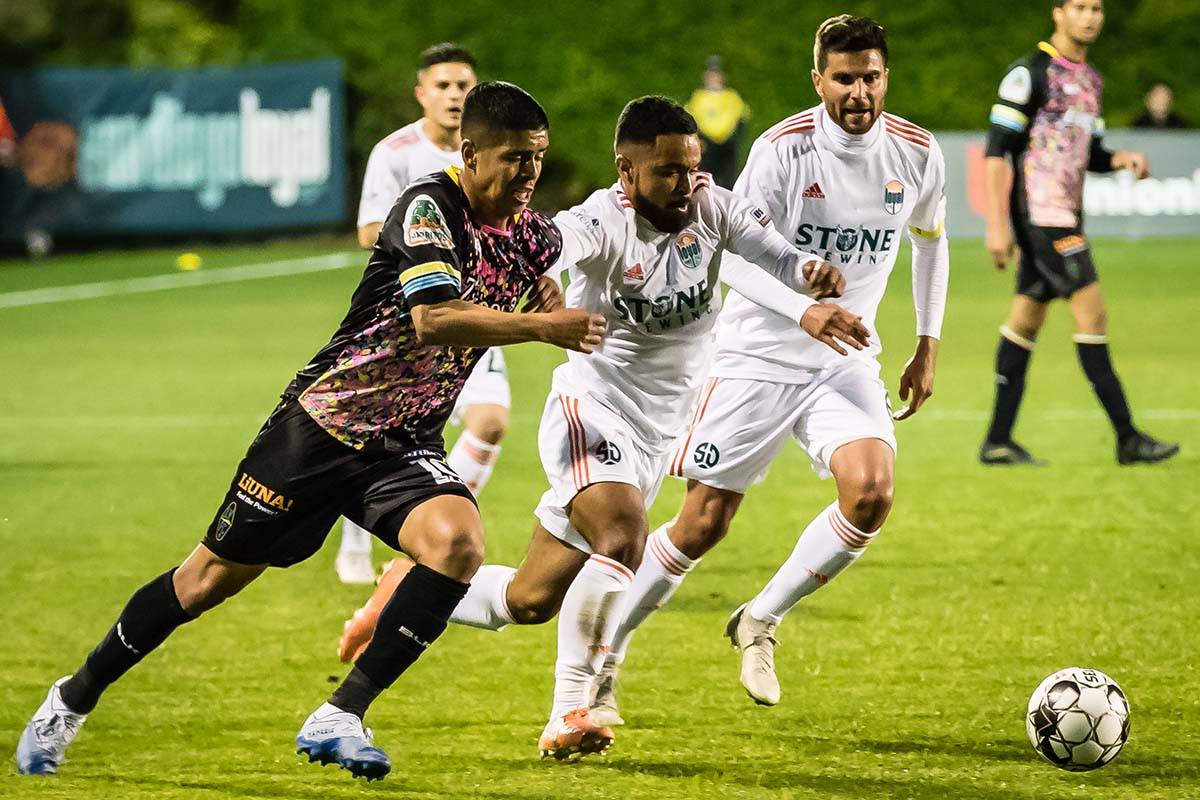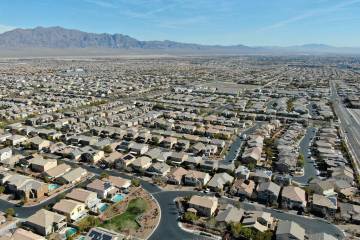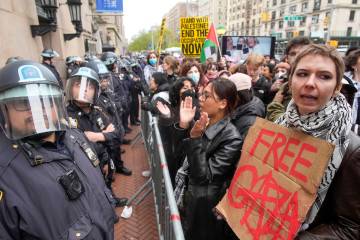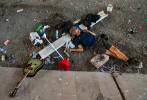EDITORIAL: Las Vegas soccer stadium shouldn’t receive public financing
It’s easy to miss in the onslaught of news about the coronavirus, but the business of government continues. That includes the city of Las Vegas’ continued quest to bring Major League Soccer to what is now Cashman Center.
Earlier this month, the Las Vegas City Council approved extending an exclusive negotiating window with Renaissance Cos. regarding the use of the 62-acre property. The city has been talking with the company since June about a master development agreement. Along with the soccer stadium, the discussions include mixed-use real estate development.
Bringing professional sports to Las Vegas proper has long been a passion project of Mayor Carolyn Goodman. In 2016, Ms. Goodman predicted that Clark County would have three professional sports teams within the decade. She once pushed for the Raiders to build their stadium at the Cashman Center. The longing for sports runs in the family. Her husband and former Mayor Oscar Goodman was an aggressive advocate for bringing major league sports to Southern Nevada.
These negotiations make sense. The long-term plan for Cashman Center must evolve beyond using the facility and surrounding land as a temporary homeless shelter. It would be a boon for Las Vegas if a private company invested its own money in a stadium and mixed-use development for the area. The Las Vegas Lights have already carved out a passionate fan base, and there are many locals who would enjoy watching a Major League Soccer team. The agreement stipulates that Renaissance will purchase the Lights in hopes that MLS will award Las Vegas a franchise.
The benefits of a deal hinge on financing. The negotiating document states that the city will work with the company to secure public money for the project. That could include bonds paid off by future sales tax increases inside a Tourism Improvement District. Another possibility is money from the Las Vegas Redevelopment Agency based on increases in property taxes generated by the development.
But these options should not be considered, especially in the midst of a major economic downturn. At a time when Las Vegas faces significant budget cuts involving city services and employee compensation or both, it shouldn’t be waving generous handouts in front of a developer. Subsidizing a soccer stadium is hardly akin to a providing support for an NFL stadium when it comes to the return on investment.
A third possibility, using federal new market tax credits designed to stimulate investment in struggling neighborhoods, holds more promise. That should be the preferable option for city officials.
A soccer stadium may indeed be an integral part of any new development on the old Cashman Field property. But given the devastation wrought by the virus crisis, the city should shy away from expecting local taxpayers to subsidize the costs.




























